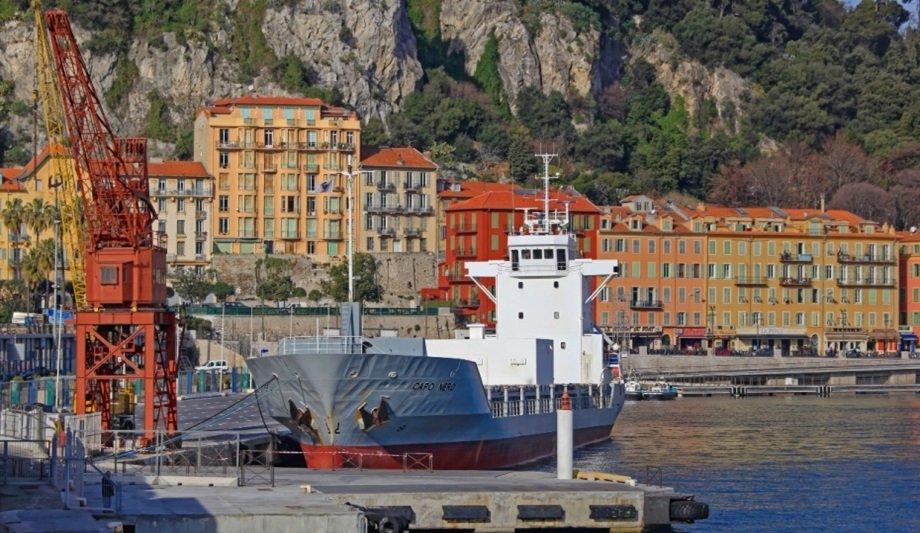FuelEU Maritime regulations, which will take effect in 2025, will help to encourage investment in research and development (R&D) for the maritime industry.
The European Union initiative is aimed at reducing greenhouse gas emissions from ships operating within EU waters.
Adopting cleaner alternative fuels
By setting increasingly stringent limits on greenhouse gas (GHG) emissions, FuelEU Maritime makes it clear to the industry that traditional high-emission fuels are not sustainable in the long run.
The regulation creates a strong market signal for companies to invest in developing or adopting cleaner-burning alternative fuels and related technologies.
Promoting the usage of low-carbon fuels
Starting in 2025, there will be a gradual decrease in the allowed GHG intensity of fuel used by ships calling at EU ports
The regulation will both reduce the greenhouse gas (GHG) intensity of energy used on board ships and promote the uptake of renewable and low-carbon fuels in maritime transport. Starting in 2025, there will be a gradual decrease in the allowed GHG intensity of fuel used by ships calling at EU ports.
This reduction will start at 2% in 2025 and increase to 80% by 2050. Beginning in 2030, passenger and container ships at major EU ports will be required to connect to shoreside electricity when berthed for more than two hours. This requirement will expand to all ports with onshore power supply by 2035.
Flexibility mechanisms
The regulation applies to ships larger than 5,000 Gross Tonnage (GT) entering, leaving, or operating within EU or European Economic Area (EEA) ports.
The regulation includes flexibility mechanisms that reward early investment in clean technologies. This can give companies that take the lead in developing clean solutions a competitive advantage in the future.
Reducing air pollution
The FuelEU Maritime regulation is expected to significantly reduce air pollution and contribute to the EU's climate goals. It's also intended to incentivise the development and adoption of cleaner fuels for the maritime shipping industry.
By promoting cleaner fuels and onshore power usage, the regulations aim to create a more sustainable maritime sector, reducing air and water pollution.
Research and development
The regulation directly increases the demand for low and zero-carbon fuels for ships
The regulations will incentivise research and development in renewable and low-carbon fuels like biofuels, hydrogen, and ammonia, which can lead to a wider range of cleaner fuel options for the industry in the long run.
The regulation directly increases the demand for low and zero-carbon fuels for ships. As the regulation is phased in, the market for these fuels will grow significantly, making it more attractive for companies to invest in R&D for their production, storage, and distribution.
Challenges with electrical infrastructure
To comply with onshore power requirements, ports will need to invest in upgrading their electrical infrastructure to handle the demands of large ships. This can benefit port efficiency and contribute to cleaner port operations overall. However, there are challenges.
- One is the cost. Shifting to cleaner fuels is likely to be more expensive than traditional options like heavy fuel oil. Shipping companies will need to factor in these increased fuel costs and potentially pass them on to consumers.
- Availability is also an issue. Currently, the infrastructure for supplying cleaner fuels like hydrogen or biofuels is not as extensive as traditional fuels. The regulations may create a temporary strain on the availability of these fuels until production and distribution networks can catch up. While some cleaner fuel options exist, technologies such as using ammonia for large-scale maritime shipping are still under development.
Pushing toward a clean future
Adapting existing ships to use cleaner fuels or to connect to onshore power may require expensive modifications
The industry will need to invest in research and development to ensure the viability and scalability of these new technologies.
Adapting existing ships to use cleaner fuels or to connect to onshore power may require expensive modifications, which could pose a financial burden on some shipping companies, particularly those operating older vessels. Overall, the FuelEU Maritime regulations will push the maritime industry towards a cleaner future.
Need for investments
However, navigating the transition will require significant investments in new technologies, infrastructure upgrades, and ensuring the availability of cleaner fuels.
The success of these regulations will depend on collaboration among governments, shipping companies, fuel producers, and technology developers.

